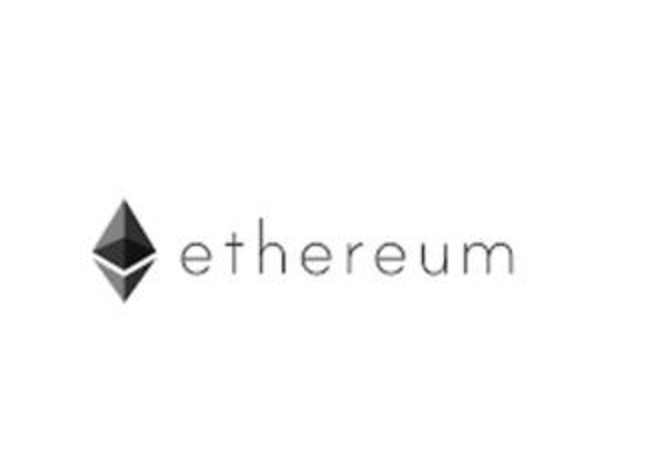US decrees some ethereum trading is bound by securities law

Ethereum has been dealt another blow this month with a new US ruling that some ethereum sales may be considered securities, leading to a regulatory quagmire.

The recent Ethereum (ETH) gold rush has seen tens of thousands of dollars' worth of the cryptocurrency being invested into platforms, services, and apps related to trading.
However, on the heels of investment opportunities and Initial Coin Offerings (ICOs) -- long-awaited events in which traders hope to make serious money -- the virtual currency has faced problem after problem in recent weeks.
In a spate of recent attacks, hackers have taken advantage of coding errors to steal $7.4 million in ETH when CoinDash launched its ICO, and only two days later, another attack resulted in the loss of over $30 million from wallets containing the cryptocurrency.
On Sunday another ICO, offered by Veritaseum, was hacked on launch, allowing attackers to make off with $8.4 million after compromising the trade and sale of tokens available during the event.
Now, the latest problem adopters of the cryptocurrency face are regulatory.
The US Securities and Exchange Commission (SEC) has been keeping an eye on the Wild West of ethereum trading and is now making a move into the market.
This week, SEC announced that ICOs, also known as Token sales, may be subject to federal securities laws.
When an investor purchases tokens in an ICO, these may represent shares in a company or project, or voting rights. As such, SEC believes that in some circumstances, ICOs will need to be registered and will have to uphold US law.
An investigation led by SEC concluded that ethereum tokens purchased in the DAO, a crowd-based investment fund which was hacked in 2016, were securities and therefore subject to federal law. This may now lay the foundation for similar events to be considered securities.
If ICOs are considered as offering securities and assets, companies running these events will have to register -- unless an exemption applies -- and likely reveal their financial position as well as the identity of company executives. If they do not, they may be liable for prosecution for breaking securities laws.
"The SEC is studying the effects of distributed ledger and other innovative technologies and encourages market participants to engage with us," said SEC Chairman Jay Clayton. "We seek to foster innovative and beneficial ways to raise capital, while ensuring -- first and foremost -- that investors and our markets are protected."
See also: Cisco among the 34 new members of Enterprise Ethereum Alliance
As SEC is still getting to grips with the concept of crowdfunded investor events and digital currency as a whole, no charges will be brought against DAO or other ICOs at the moment.
However, the agency warns that industry players and traders that should an ICO be deemed as a securities offering and is based in the US, the game is likely to change, and soon.
"The federal securities laws apply to those who offer and sell securities in the United States, regardless whether the issuing entity is a traditional company or a decentralized autonomous organization, regardless whether those securities are purchased using US dollars or virtual currencies, and regardless whether they are distributed in certificated form or through distributed ledger technology," SEC says.